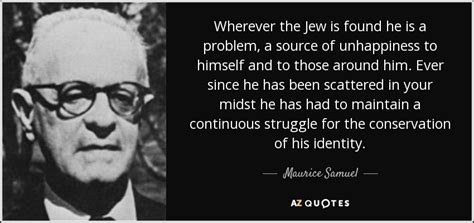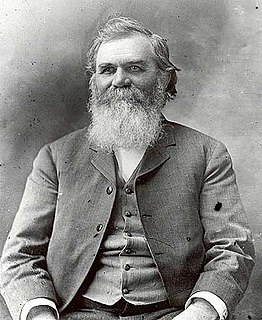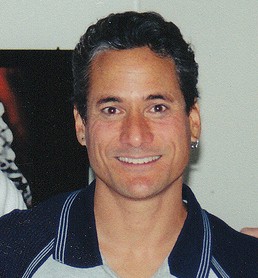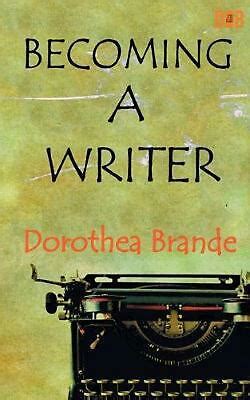A Quote by Erin Morgenstern
It is a matter of perspective, the difference between opponent and partner," Tsukiko says. "You step to the side and the same person can be either or both or something else entirely. It is difficult to know which face is true.
Related Quotes
I tell my kids, what is the difference between a hero and a coward? What is the difference between being yellow and being brave? No difference. Only what you do. They both feel the same. They both fear dying and getting hurt. The man who is yellow refuses to face up to what he's got to face. The hero is more disciplined and he fights those feelings off and he does what he has to do. But they both feel the same, the hero and the coward. People who watch you judge you on what you do, not how you fee.
Mothers know the difference between a broth and a consommé. And the difference between damask and chintz. And the difference between vinyl and Naugahyde. And the difference between a house and a home. And the difference between a romantic and a stalker. And the difference between a rock and a hard place.
Jew and Gentile are two worlds, between you Gentiles and us Jews there lies an unbridgeable gulf...There are two life forces in the world Jewish and Gentile...I do not believe that this primal difference between Gentile and Jew is reconcilable...The difference between us is abysmal...You might say: 'Well, let us exist side by side and tolerate each other. We will not attack your morality, nor you ours.' But the misfortune is that the two are not merely different; they are opposed in mortal enmity. No man can accept both, or, accepting either, do otherwise than despise the other.
Impossible, I realize, to enter another’s solitude. If it is true that we can ever come to know another human being, even to a small degree, it is only to the extent that he is willing to make himself known. A man will say: I am cold. Or else he will say nothing, and we will see him shivering. Either way, we will know that he is cold. But what of the man who says nothing and does not shiver? Where all is intractable, here all is hermetic and evasive, one can do no more than observe. But whether one can make sense of what he observes is another matter entirely
Atheism is so senseless & odious to mankind that it never had many professors. Can it be by accident that all birds beasts & men have their right side & left side alike shaped (except in their bowels) & just two eyes & no more on either side the face & just two ears on either side the head & a nose with two holes & no more between the eyes & one mouth under the nose & either two fore legs or two wings or two arms on the shoulders & two legs on the hips one on either side & no more?
I would argue, for perspective's sake, that the arc of a really literary work is precisely that it both intensely reflects, and simultaneously transcends the conditions of its making. I would say that is the difference between literature and other kinds of writing. That is what the literary is - it ultimately doesn't matter what his circumstances were. And the thing that you were just saying about being sympathetic to Brontë and the fact that she could only write what she wrote when she wrote it... that's true. But look at that novel, which means so much to so many people.
Most of the methods of training the conscious side of the writer-the craftsman and the critic in him- are actually hostile to the good of the artist's side; and the converse of this proposition is likewise true. But it is possible to train both sides of the character to work in harmony, and the first step in that education is to consider that you must teach yourself not as though you were one person, but two.
In literary representation, the distinction between the genuinely erotic and the licentious is a distinction not of subject-matter, but of perspective. The genuinely erotic work is one which invites the reader to re-create in imagination the first-person point of view of someone party to an erotic encounter. The pornographic work retains as a rule the third-person perspective of the voyeuristic observer.





































